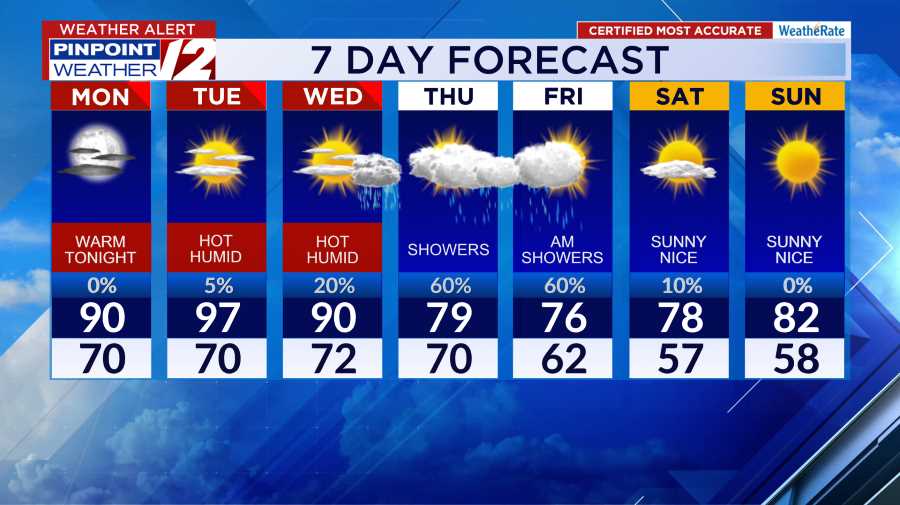PROVIDENCE, R.I. (WPRI) — It’s been 13 months since Rhode Island’s plastic straw law went into effect, prohibiting restaurants from handing out plastic straws unless requested by a customer.
According to the law, violators could face fines of up to $300 a year, but many restaurants are still handing out straws even if they aren’t asked.
The R.I. Department of Health said no businesses have been fined for violating the law, and Rep. David Bennett, who pushed for the law to be passed, said there’s a reason for that.
“People don’t like change. We’re a disposable kind of society. We want everything convenient, cheap and disposable,” Bennett explained. “And we have to change that.”
The law has since turned more into education rather than punishment.
“[RIDOH] are doing their regular inspection anyway. Notice over at the counter, see if they’re handing out straws without people asking and then you just give them a warning,” Bennett said. “It’s no big deal, it’s not a big crime, but we need to do something about our plastic waste.”
Americans disposed of more than 33 million tons of plastic in 2014, with the vast majority of which was not recycled, according to the Environmental Protection Agency.
It’s estimated that more than 500 million plastic straws are used and thrown away every day in the U.S., according to the National Park Service, with Americans using them at an average rate of 1.6 straws per person, per day.
“If I can convince the companies to get rid of the plastic straws, and go to biodegradable straws, then we don’t have to worry about it,” Bennett continued. “It’s not going to be a nuisance and pollute our bay and pollute everywhere else.”
Bennett said he has also faced some negative feedback from some businesses.
“There’s a picture of me in a famous weenie place and it says ‘I’m the one that got rid of straws,'” he said.
Amidst the straw backlash, there are new proposals for amendments to his law that would prohibit restaurants from automatically packing to-go items with single-use plastic condiment containers, unless asked by a customer.
“There’s more education that has to be done of both the public and restaurant owners, and hopefully we’ll get better about compliance as the law goes on,” said Jed Thorp, R.I. Director of Clean Water Action.
Thorp said he wrote a letter to McKee lobbying for the passage of a bottle bill, which would allow plastic bottles to be returned at redemption centers for cash.
“It shifts the responsibility from the consumers to the producers for getting these things out of the environment, and I think ultimately it would be some additional cost for them to run, and they just don’t want to pay the cost,” he said.
Meanwhile, the bottle industry is also lobbying to keep redemption centers out of states.



















